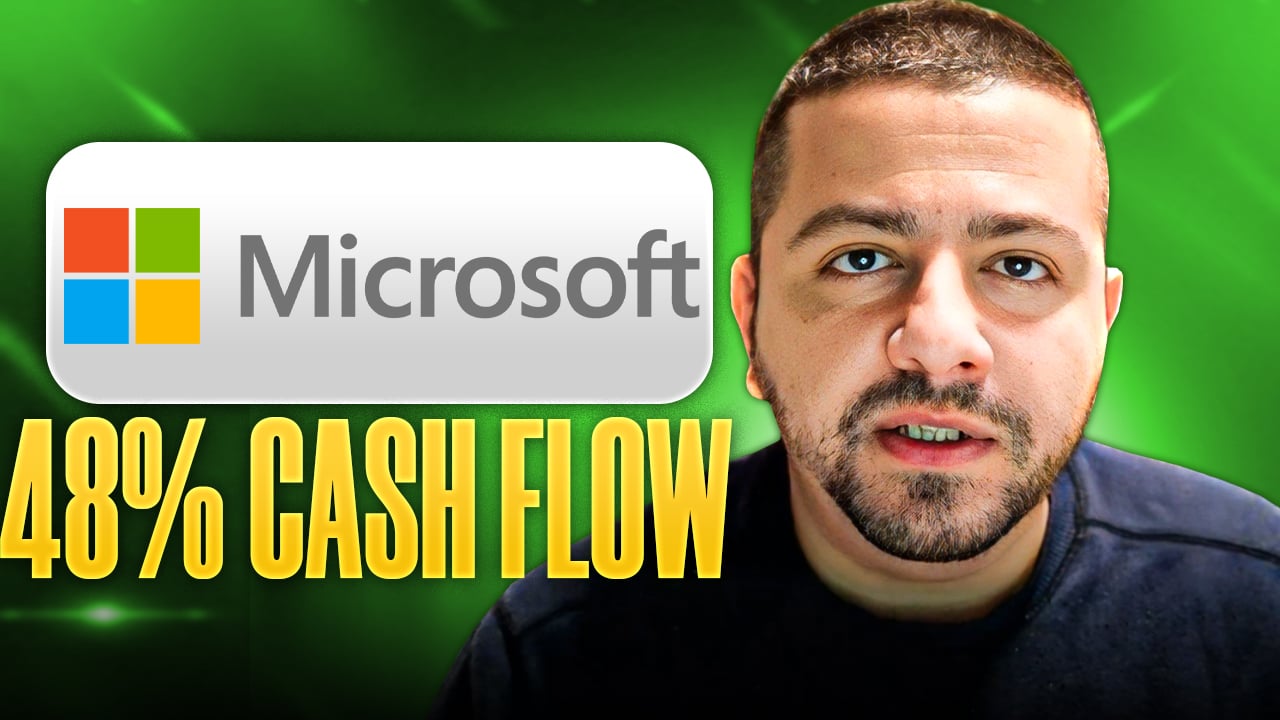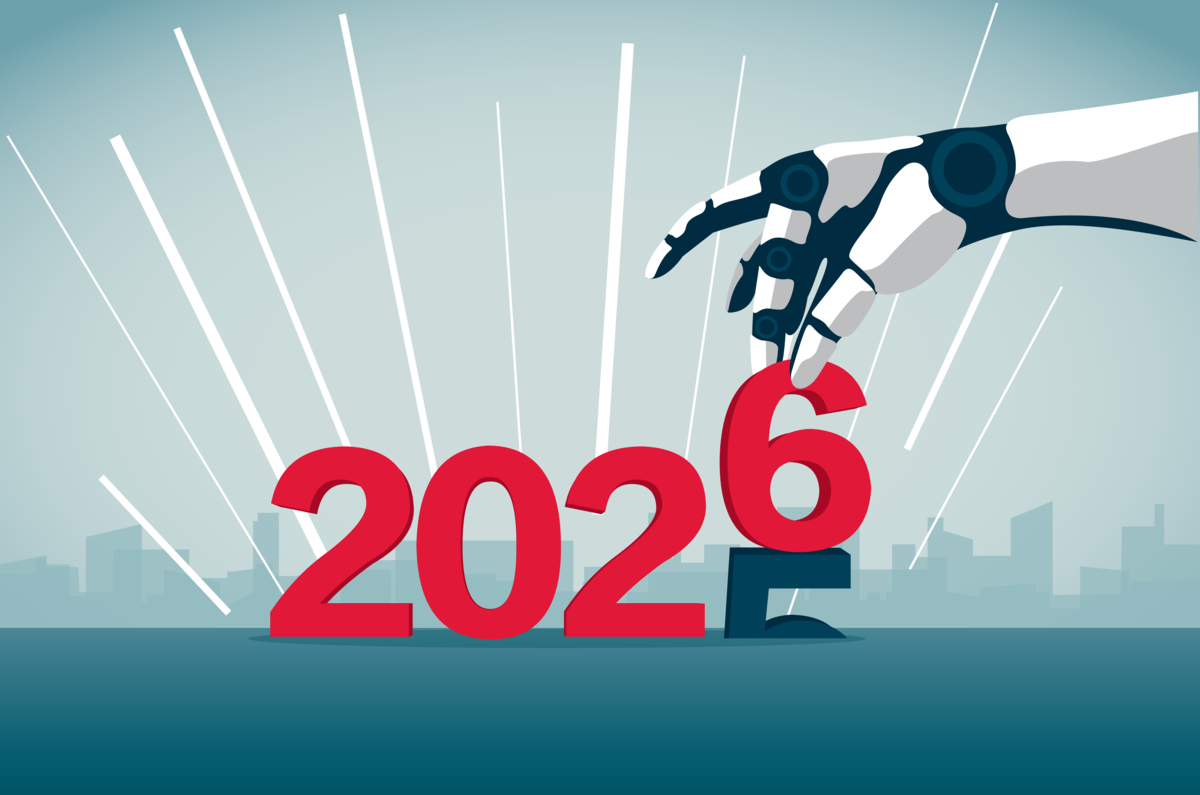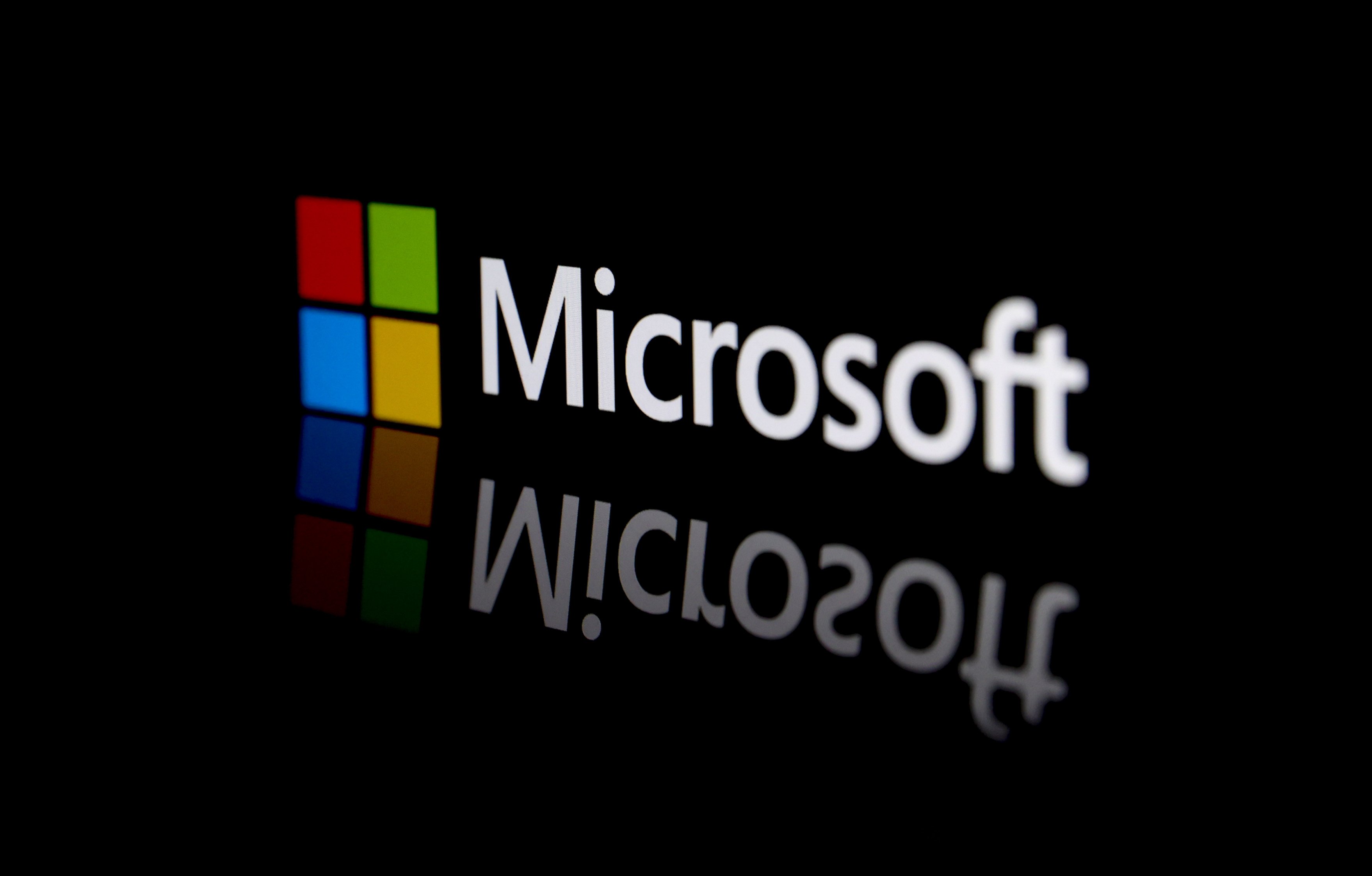Sony's (SNE 1.85%) PlayStation VR is seemingly off to a strong start following its launch on Oct. 13. The $399 headset is reportedly sold out at GameStop, while Sony Interactive Entertainment Europe President Jim Ryan declared that Sony will sell "many hundreds of thousands" of units during the launch period.

Image source: Sony.
If Sony's PSVR can maintain its momentum, it could gain a major edge against Microsoft (MSFT +0.02%), which remains a distant second in the gaming console gaming market. Will Microsoft ever retaliate against the PSVR, or will it sit by and let Sony take the lead in the console-based VR market?
Understanding the VR market
SuperData estimates that Sony will sell 2.6 million PSVRs before the end of the year. Samsung is expected to sell 2.3 million Gear VRs for the year, while HTC and Facebook (FB 1.18%) could respectively sell about 420,000 Vives and 355,000 Oculus Rifts.
The $800 Vive and $600 Rift are much pricier than the PSVR, and both headsets require high-end PCs that cost at least $600. A recent Steam survey found that just 0.18% of its users owned a Vive, while just 0.1% owned a Rift. Vive sales were also flat month-over-month in August, as Rift sales rose just 0.1%. The $99 Gear VR is expected to sell better, but it only works with a few high-end Samsung handsets.
Tech M&A advisory firm Digi-Capital believes that the VR market could grow from almost nothing today to $30 billion by 2020. To capture those users, the major players are carving out their ecosystems. The Rift and Gear VR are tethered to Facebook's Oculus Home, a VR app store for games, videos, and experiences. Alphabet's (GOOG 3.16%) (GOOGL 3.22%) Google is striking back at Oculus Home with a rival platform called Daydream, and Sony connects its PSVR users to its PlayStation Store.

Oculus Home. Image source: Oculus VR.
What's Microsoft's take on VR?
Microsoft is likely reluctant to bet heavily on a new peripheral after the Kinect debacle. The motion sensing input device was initially bundled with the Xbox One, but that inclusion made it $100 more expensive than the PS4 when both consoles launched in late 2013. Microsoft eventually unbundled the Kinect to reduce the Xbox One's price, but Sony had already established a comfortable lead in the console market by then.
Microsoft's next-gen headset, the HoloLens, is a "mixed reality" device instead of a fully VR one. This means that it projects augmented reality "holograms" onto real surfaces (like tabletop Minecraft) instead of completely immersing users in virtual worlds. Microsoft has repeatedly hinted at the HoloLens' gaming potential, but it has yet to reveal a game that was developed to be natively played on the device. Moreover, the $3,000 devkit version of the device remains too expensive for mainstream consumers.

HoloLens. Image source: Microsoft.
Current rumors suggest that the Xbox Scorpio, which might arrive next year, will beef up the Xbox One's GPU to handle VR games. There's also speculation that Microsoft will partner with Oculus to make the Rift compatible with the Xbox One.
The problems with Microsoft's complacency
Simply put, Microsoft isn't rushing to compete against Sony's PSVR. But here's the problem -- Sony has already sold 43.4 million PS4s so far, according to Vgchartz, while Microsoft has only sold 22.3 million Xbox Ones.
Since the PS4 is the market leader and PSVR is its hottest new feature, game publishers will naturally start adding VR features to their new games. Even if a publisher launches the same cross-platform game on the PS4 and Xbox One, additional VR features for the PS4 version could make the two games seem radically different. Sony could also secure more exclusive games from publishers looking to hop aboard the VR train. As demand for VR games accelerates, the Xbox One could start looking like a dusty last-gen device.
Even if Microsoft launched the Scorpio with Oculus compatibility next year, Sony will already have established a first mover's advantage. It also sounds like Xbox One owners must upgrade to the Scorpio to play VR games, while PS4 owners have the option to do so for better performance. The Rift will also likely remain pricier than the PSVR, which would make it a tough sell for Xbox One gamers.
Should Microsoft pay more attention?
Microsoft's biggest mistake over the past decade was missing the shift toward touchscreen-based smartphones. By underestimating that new computing platform, Microsoft ceded the mobile market to Google and Apple.
Facebook CEO Mark Zuckerberg has dubbed virtual reality the "next major computing and communication platform", although he admitted that mainstream adoption was years away. Nonetheless, investors should pay attention to Microsoft's efforts in VR to see if it can stay ahead of the tech curve this time around.






